AI isn’t here to replace us; it’s here to reveal what we’re capable of. That was the underlying message on Day 1 of Mindvalley’s AI Summit, where thought leaders like Cassie Kozyrkov, Google’s former Chief Decision Scientist, called for a radical shift in how we view artificial intelligence (AI). What if, she suggested, AI is less about machines and more about amplifying our minds?
“AI doesn’t think. It doesn’t think for you. Where the intelligence comes from is you,” Kozyrkov said in her keynote at Mindvalley’s AI Summit. “Instead of Artificial Intelligence, it should stand for Automation Improver, or maybe even Approachable Interface.”
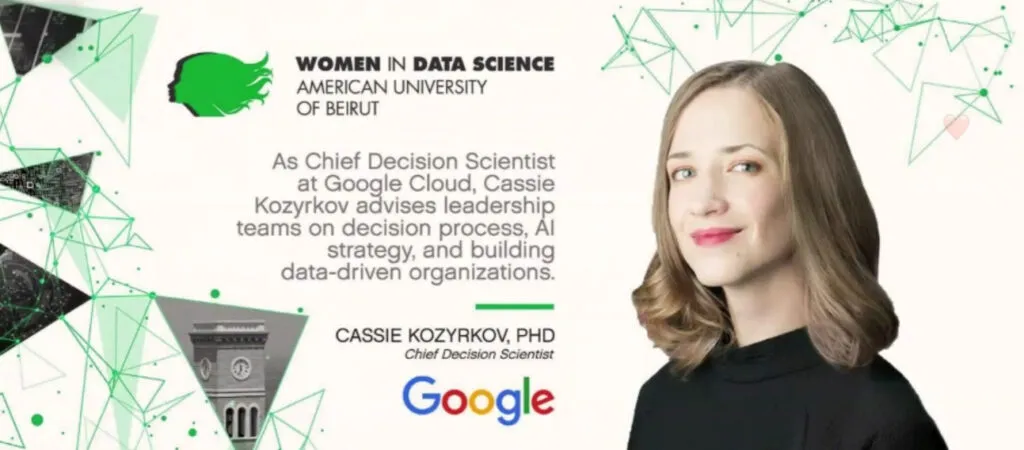
With over a decade at Google (NASDAQ: GOOGL), where she founded and led the field of decision intelligence, Kozyrkov believes the most significant danger of AI is not what it will do to us but what it will steal: our excuses.
“It’s useful, and it’s not going away,” she emphasized. “This is not the time to be intimidated. This is the time to level up.”
Kozyrkov joined Vishen Lakhiani, founder of personal transformation company Mindvalley, for an AI webinar designed to make the accelerating AI revolution accessible to everyone—from entrepreneurs and creatives to educators and parents.
And if you think this is all too much, too fast, you’re not alone. But you’d better catch up because the pace of change is exponential.
The birth of a buzzword and a breakthrough
Back in 1956, a group of researchers coined the term artificial intelligence to secure funding for their machine learning and automation experiments. The computers of that era couldn’t do much more than run basic arithmetic operations. In fact, as Kozyrkov points out, the word “computer” used to refer to a person.
“Dora, the aunt of a friend of mine, was literally a computer by profession in the 1950s,” she said. “She did math all day. Her marriage certificate lists her job as computer, and her husband’s as engineer. It’s as if a computer married an engineer.”

This historical anecdote, both charming and illuminating, highlights her point: humans have always used technology to offload tasks, starting with calculators, now with generative AI. AI isn’t replacing us. It’s freeing us.
Vishen’s vision: AI as humanity’s great unlock
Mindvalley founder Lakhiani, a bestselling author and tech entrepreneur, doesn’t mince words about where we’re headed.
“In five years, AI will be a million times more powerful than it is today,” Vishen told the global audience. “The AI we’ll have by 2030 will be smarter than the droids in Star Wars, and cost about as much as a car.”
Backed by insights from futurist Peter Diamandis and inventor Ray Kurzweil, Lakhiani described the coming years as a period of rapid, compounding transformation—what Diamandis calls “accelerated change.”
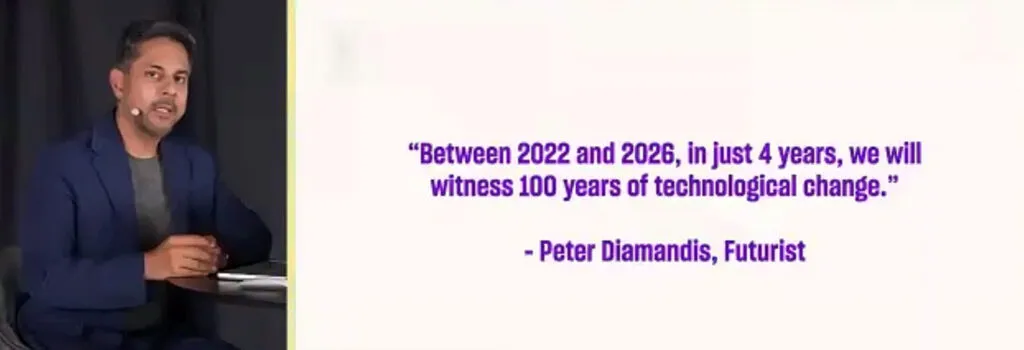
Diamandis predicts that in the next decade, humanity will experience as much progress as it did over the past 100 years. The world isn’t just evolving; it’s leaping forward at a dizzying pace. Artificial intelligence, accelerated by quantum computing and autonomous agents breakthroughs, is leading this unprecedented charge.
From Generative to Agentic to Physical AI
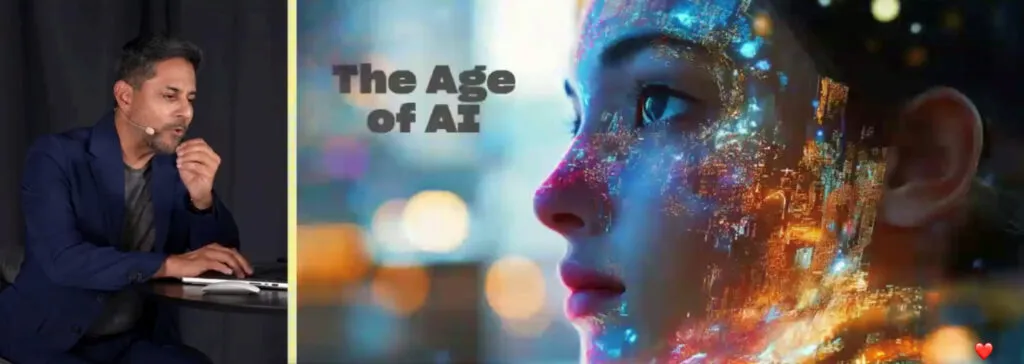
Lakhiani breaks down the evolution of AI into four waves:
- Perception AI – Think Tesla’s self-driving sensors.
- Generative AI – ChatGPT, Bard, Claude: tools that create art, text, music.
- Agentic AI – Autonomous agents that perform tasks like marketing, copywriting, and even business strategy with minimal human input.
- Embodied AI (coming soon) – Physical robots that can do laundry, care for children, cook, and more.
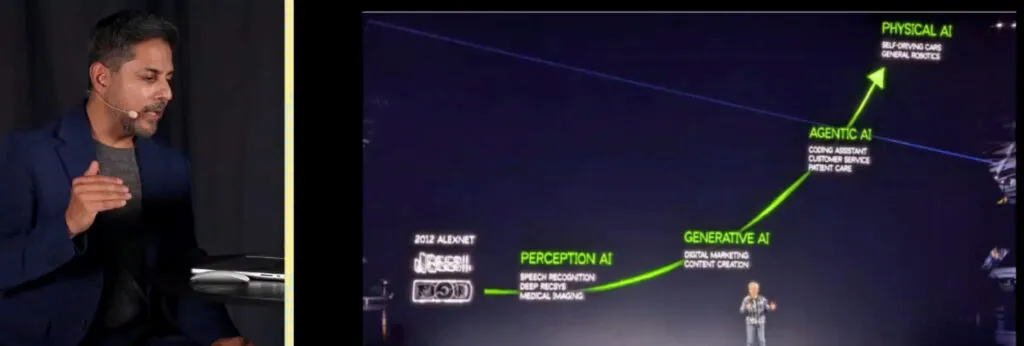
As an example, Lakhiani asked viewers to imagine hiring an AI agent to advertise a ring online. “All you do is give it your Instagram store, your product images, and your ad budget,” he said. “The AI does everything else: writes copy, runs A/B tests, optimizes your campaign, and even suggests changes to your website.”
The result? Entrepreneurship becomes accessible to everyone. You won’t need a marketing degree or a team of designers to launch a business: just ideas, and a willingness to learn.
“The gap between your dreams and building something just shrank massively,” Vishen said.
The hope and responsibility of the AI Era
Far from a dystopian future of jobless humans and machine overlords, both Lakhiani and Kozyrkov paint a hopeful picture: one where AI unlocks human potential instead of replacing it.
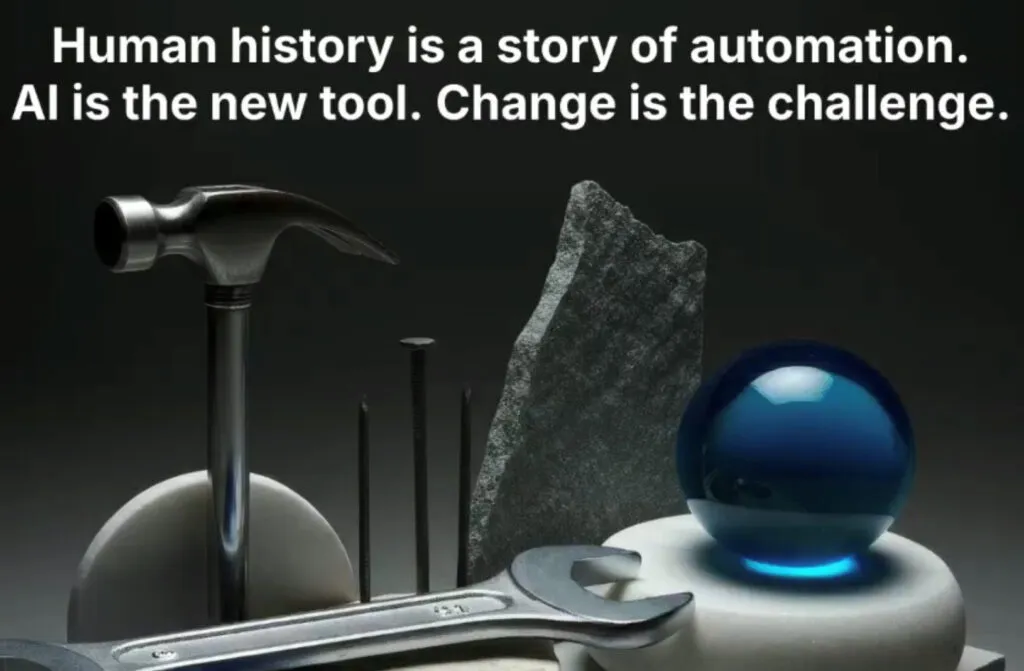
“We’ve built a bullshit idea of work,” Vishen stated. “Seventy percent of Americans’ waking hours are consumed by jobs. That’s not work, that’s being a cog in the wheels of industry.”
He envisions a three-day work week, widespread universal basic income, and a new focus on creativity, well-being, and family. “AI will take over the grind so we can spend more time flourishing,” he said.
AI won’t just help with business, it will transform health, education, energy, and agriculture:
- Diagnose cancer early through eye or skin scans
- Create supercrops and fight global hunger
- Accelerate fusion breakthroughs for clean energy
- Deliver personalized education to every child on Earth
And it’s all closer than we think. “Quantum computing is here,” Lakhiani said.
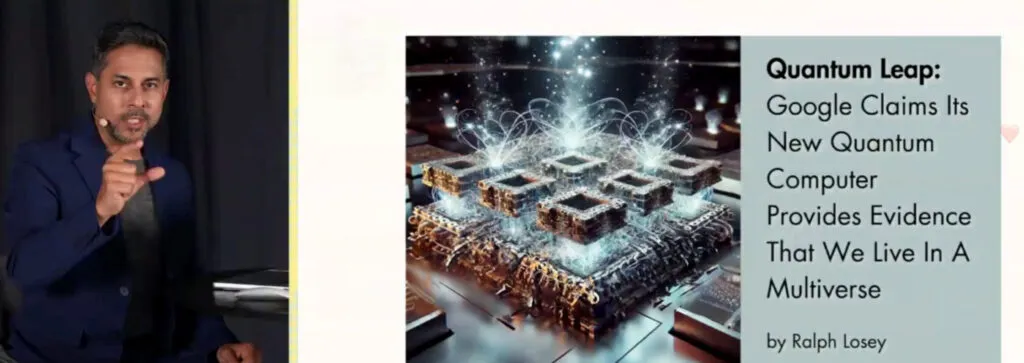
Mindvalley’s mission: Human flourishing in the age of AI
Mindvalley has always focused on empowering individuals through transformative education. Offering this AI Summit for free is part of its mission to prepare people for a rapidly shifting world and to ensure that no one gets left behind.
The summit didn’t just teach participants about ChatGPT, Claude, or Gemini. It taught them something more valuable: how to think, how to adapt, and how to become creators instead of just consumers in the AI economy.

As Kozyrkov reminded viewers: “AI won’t think for you. But it will elevate your thinking. Your progress depends on your thinking skills.”
In the end, artificial intelligence may be the wrong name. Call it what it really is: human potential, amplified.
In order for artificial intelligence (AI) to work right within the law and thrive in the face of growing challenges, it needs to integrate an enterprise blockchain system that ensures data input quality and ownership—allowing it to keep data safe while also guaranteeing the immutability of data. Check out CoinGeek’s coverage on this emerging tech to learn more why Enterprise blockchain will be the backbone of AI.
Watch: Turning AI into ROI

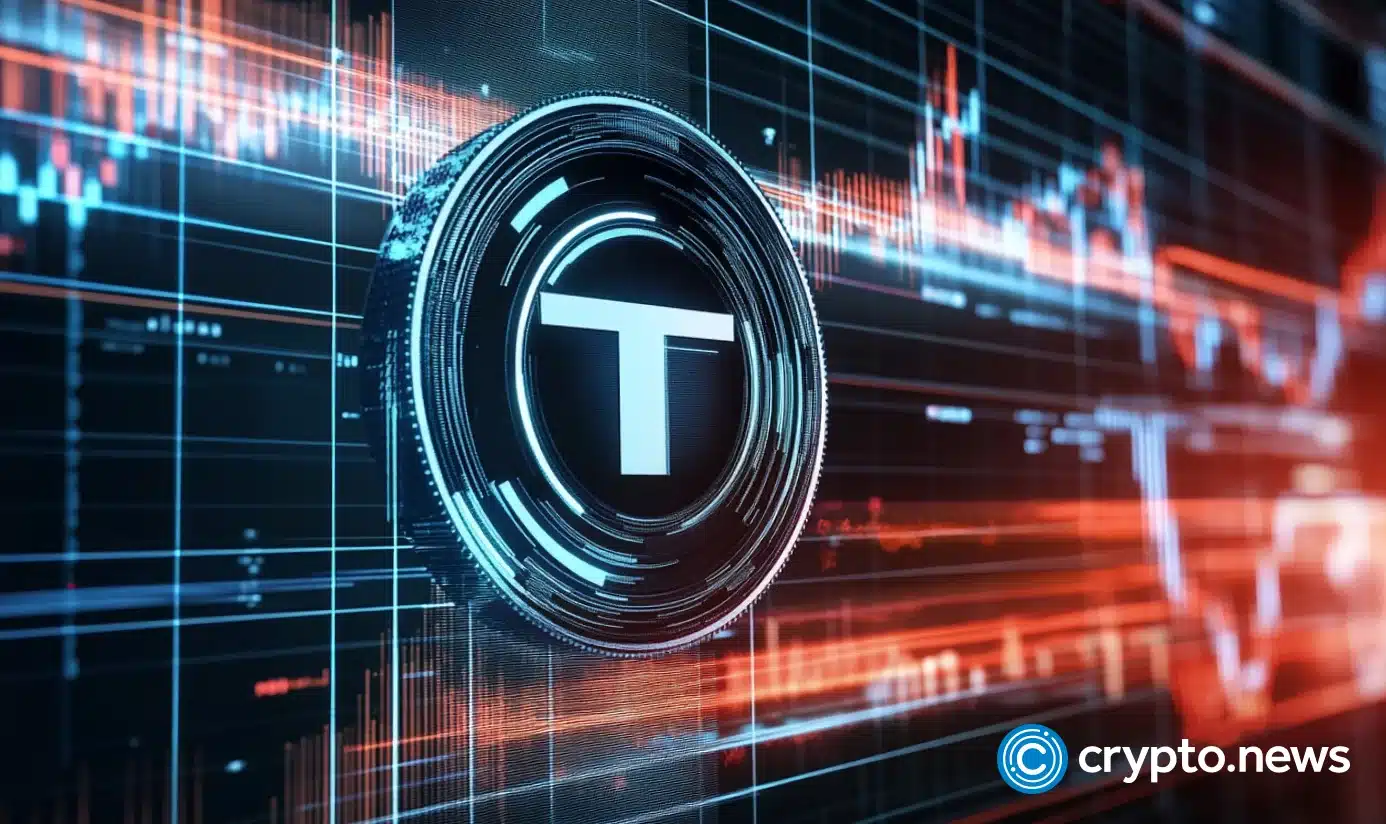


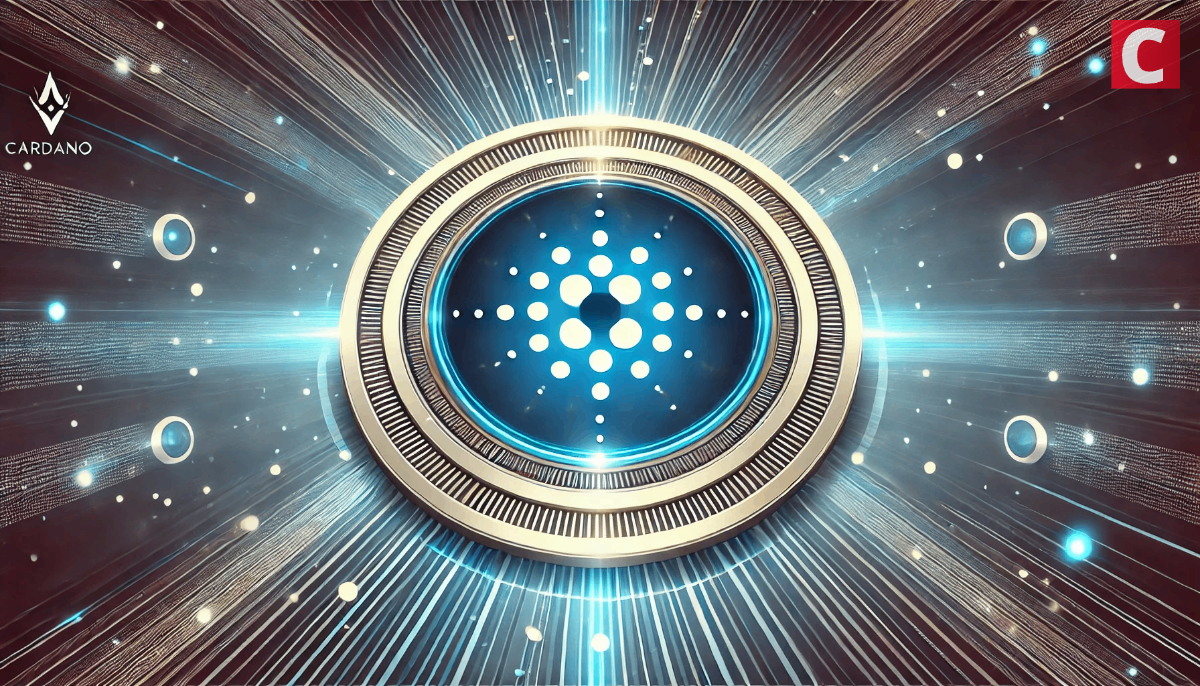


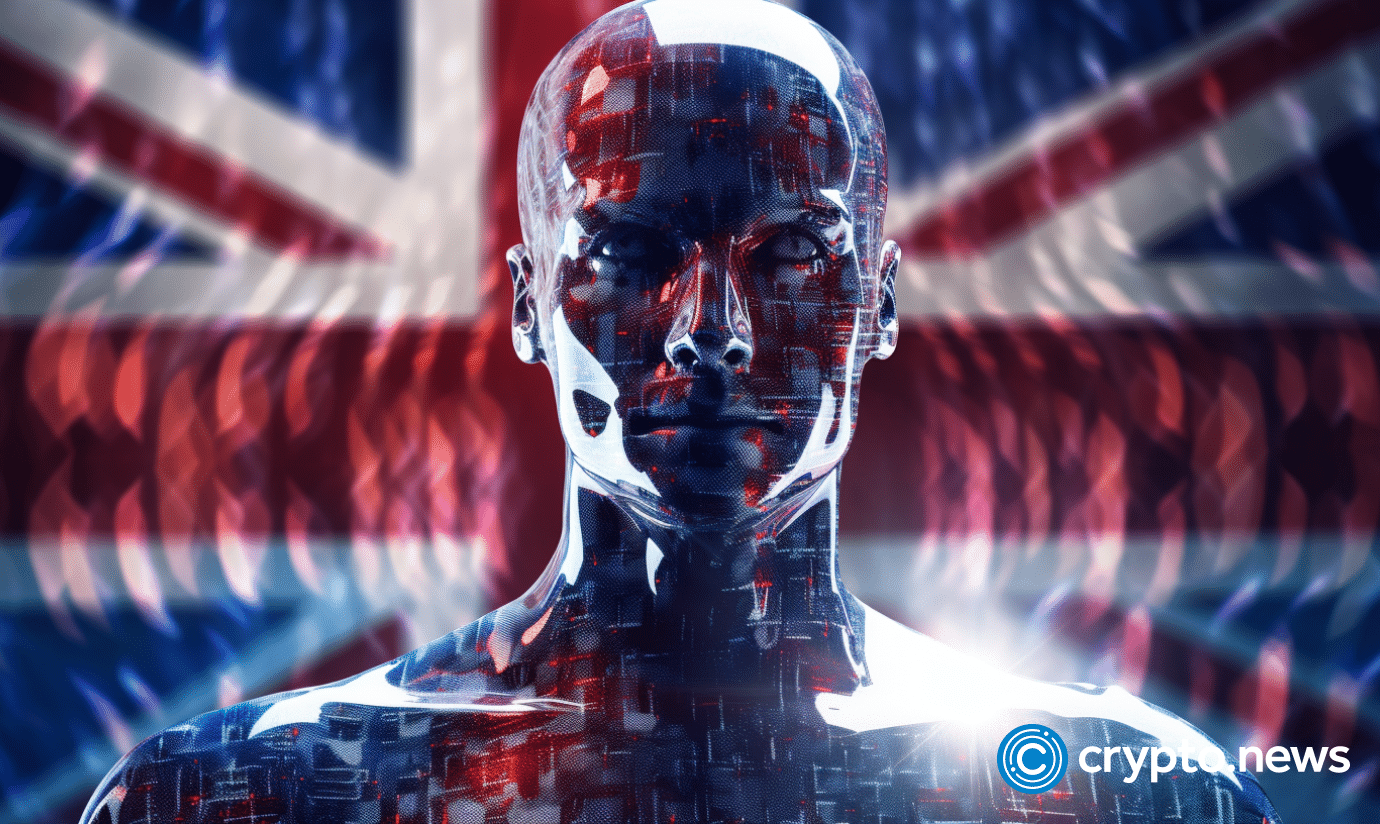


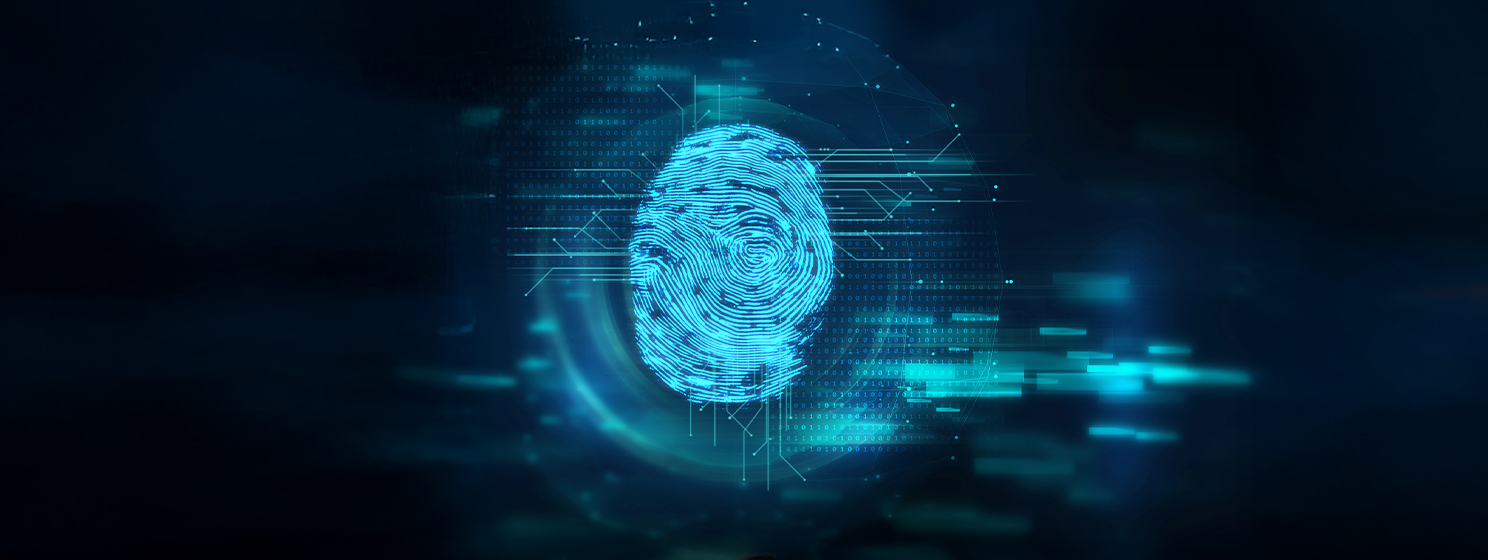




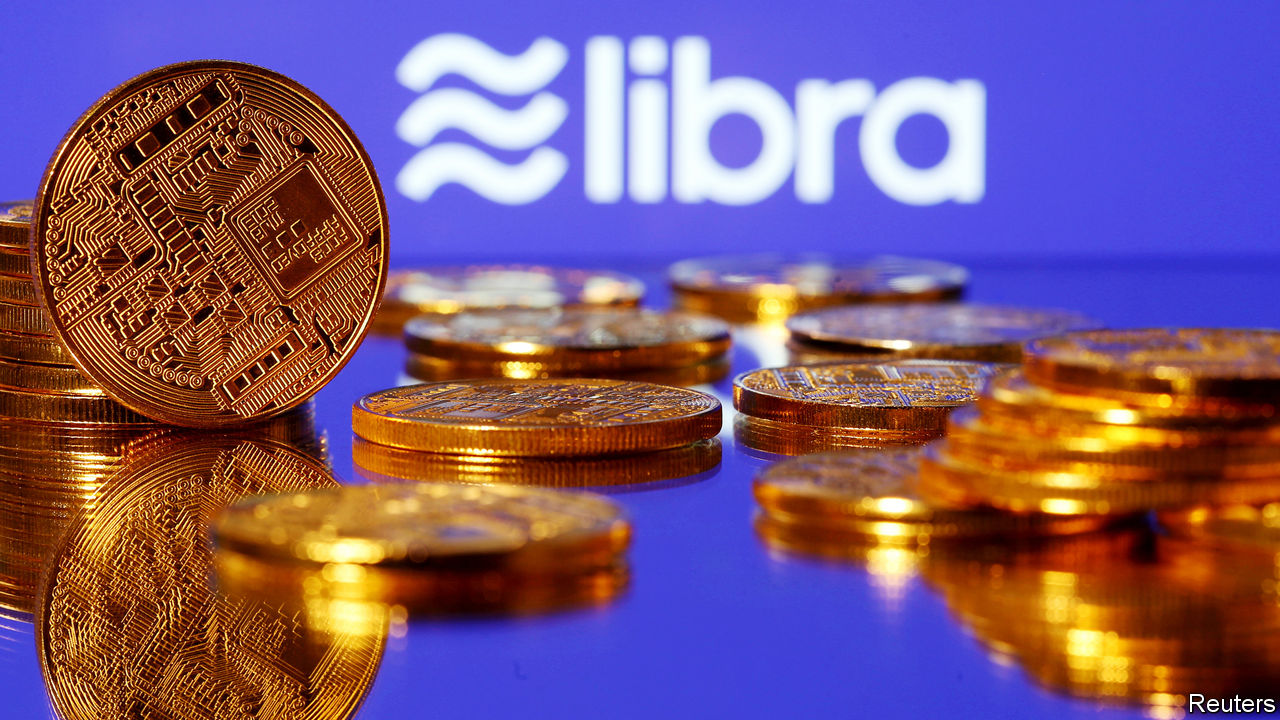
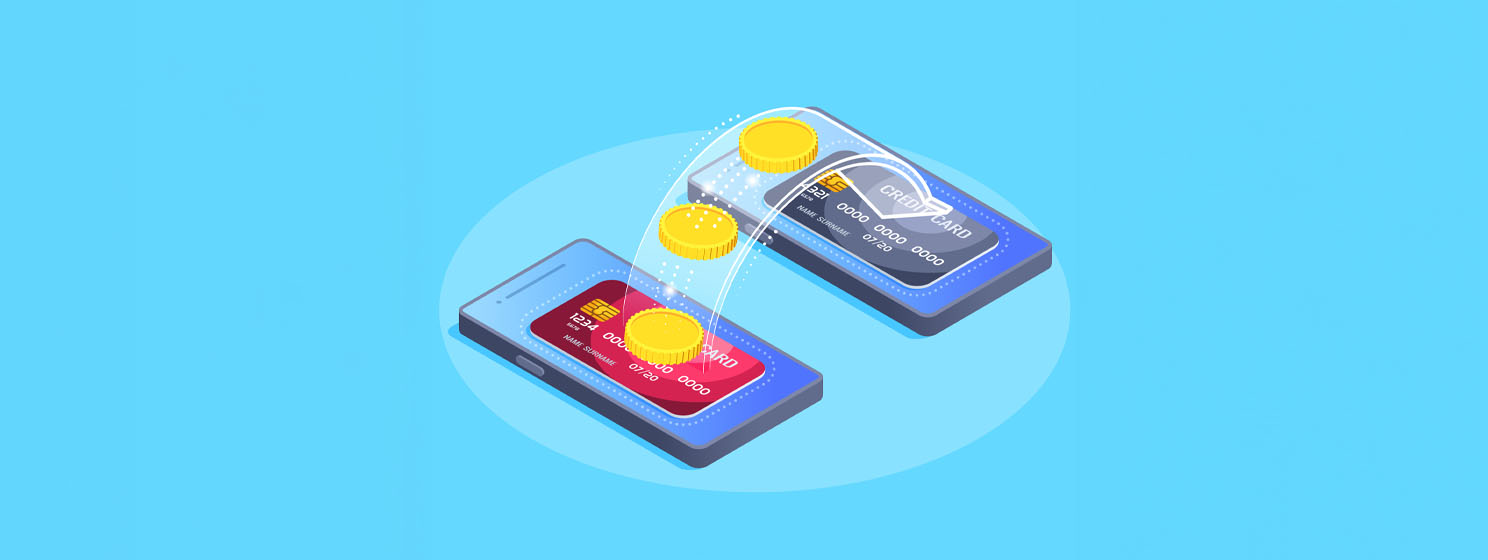
 English (US) ·
English (US) ·